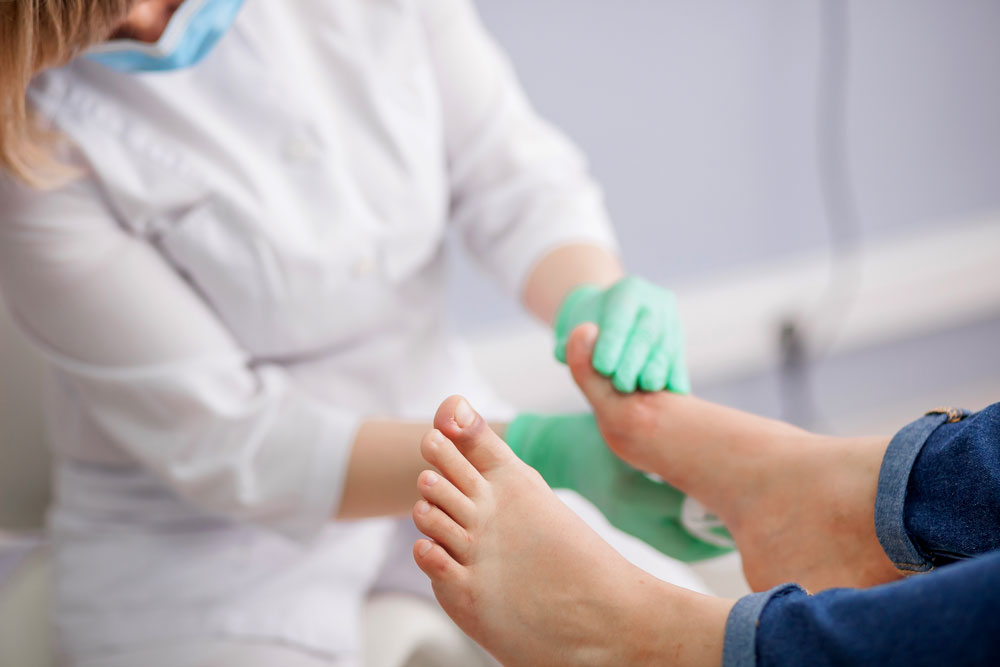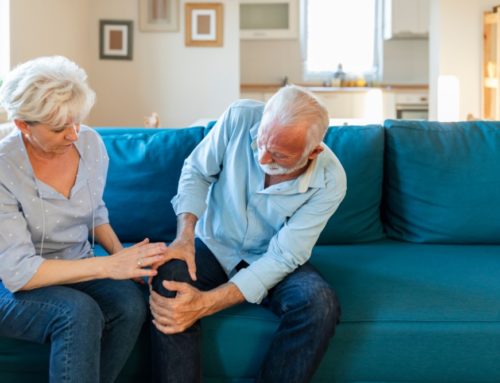Whether wounds are from surgical procedures, accidents, or injuries, they go through the same recovery stages. When something interrupts those stages, the result is slower healing and a higher risk of chronic issues or infection. To reduce the chances of such problems, learning the three worst mistakes causing delayed wound healing is essential.
To prevent complications in persistent wounds, your doctor may recommend professional wound care. The process includes specialized treatment to match the patient, the cause of the wound, and issues slowing recovery. Wound care, including post-operative wound care, also takes into account any medical conditions or other factors affecting how the wound heals.
The following sections offer more information on how to prevent slow healing, regardless of the cause of the wound.

Delayed Wound Healing Mistakes
Some factors affecting wound healing can’t be controlled, including age, gender, and current medical conditions. Of course, some issues affecting how quickly wounds heal are in the hands of the individual. The worst offenders for delayed recovery include poor nutrition, stress, and mishandling. We’ll discuss these issues in-depth below.
1. Refined sugar
Like natural sugar, refined sugar often comes from a natural source, like sugar cane. The difference is that refined sugar has been removed from its source and processed, becoming less healthy. Ingesting too much of it negatively impacts your body, especially when wounds are healing.
High blood sugar stiffens and narrows blood vessels, reducing how quickly blood carries oxygen to the wound. Red blood cells, which transport healing nutrients, are also restricted, as are infection-fighting white blood cells. The result is delayed wound healing, so reducing your refined sugar intake is crucial to recovery.
2. Stress
Stress affects all systems of the body and is another factor affecting how quickly a wound recovers since it disrupts the healing stages. First, it promotes the production and release of stress hormones, including cortisol and prolactin. Though helpful in emergencies, these hormones reduce anti-inflammatory agents and immune responses necessary for healing.
Stress also affects the mind as much as the body, causing anxiety and depression, which can alter immune functions. Those dealing with such issues may turn to unhealthy habits to deal with stress. These include poor sleep habits and nutrition, reduced exercise, and the use of alcohol, drugs, or cigarettes. Such unhealthy choices cause delayed wound healing and could lead to chronic problems.
3. Scratching or rubbing
Anyone who has had a wound, even a minor one, knows the area will itch during recovery. It usually occurs after the initial healing stage, which includes clotting and the formation of scabs. The second stage, involving inflammatory cells cleaning the wound and making way for new cells, is where the itching begins.
Though the itching is often unbearable, scratching or rubbing the area does more damage than good. Doing so can reopen the wound, risking bacteria from entering it and causing an infection. Even if you manage to keep the wound clean, the recovery cycle has to start over, causing delayed wound healing.
Resources:
https://www.mdanderson.org/cancerwise/natural-versus-refined-sugar–what-s-the-difference.h00-159465579.html
https://www.woundcarecenters.org/article/living-with-wounds/how-diabetes-affects-wound-healing
https://www.ncbi.nlm.nih.gov/pmc/articles/PMC2903966/
https://pubmed.ncbi.nlm.nih.gov/18040814/
https://www.ncbi.nlm.nih.gov/pmc/articles/PMC6963924/#:~:text=An%20itch%2Dscratch%20cycle%20can,the%20skin%2C%20and%20delayed%20healing
https://www.summahealth.org/flourish/entries/2020/07/6-reasons-why-your-wound-wont-heal
This content comprises informative and educational resources only and can not be considered as a substitute for professional health or medical guidance. Reliance on any information provided in this article is solely at your own risk. If you have any inquiries or apprehensions about your medical condition or health goals, talk with a licensed physician or healthcare provider.






Leave A Comment